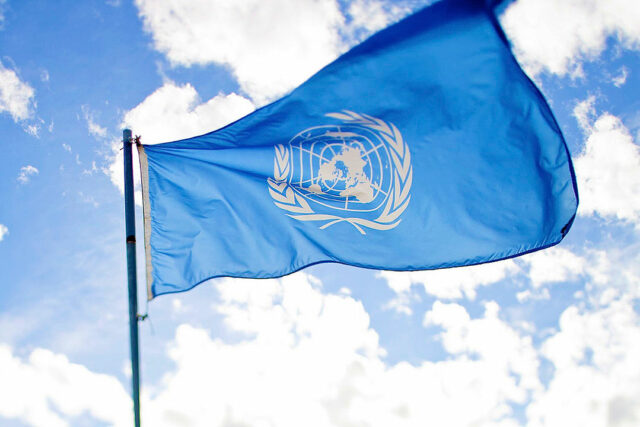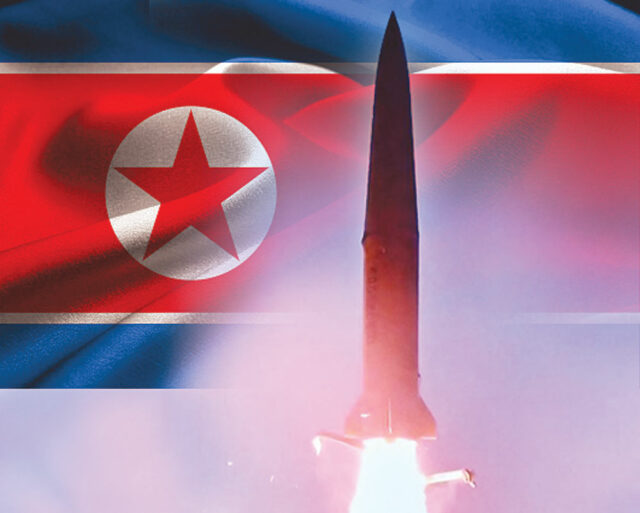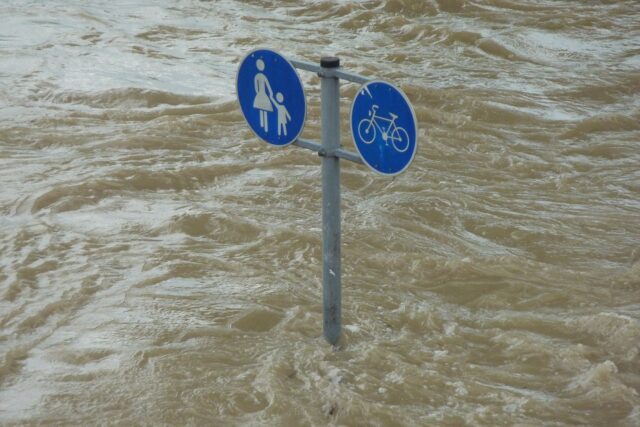Clark’s wear and tear
The Fever were on a high as they prepped for their homestand against the Aces yesterday. Having claimed 10 of their last 13 matches, they figured they had the momentum to finally get the better of the defending champions. The first two contests between them hadn’t been particularly close; considering that they lost both by a combined 38 points, it would be fair to argue that their relative inexperience was no match for the competition’s unflinching steadiness. Still, they were confident, if for no other reason than because rookie Caitlin Clark, recipient of three consecutive Player of the Week awards, seemed to be hitting her stride at the right time.
Forty game minutes later, it was clear to all and sundry that the Fever still had a lot of growing up to do. That the contest was a slog from the get-go should have given them fair warning of the need for them to prove their capacity for success via unconventional means. In catapulting to their first playoff berth since 2016, they relied on an adrenaline-laced offense that highlighted their strengths and minimized — perhaps even hid — their weaknesses. Unfortunately, the Aces were too smart to let them dictate the tempo. Instead, they were treated to an elephant-walk pace that exposed their frailties.
To be sure, the Fever fought through all the smoke. And, lo and behold, they collectively played excellent defense that masked their individual deficiencies, keeping them in the set-to despite their shooting woes. Ultimately, however, Clark’s uncharacteristic futility from the field in her 38 minutes on the court told on their competitiveness. Her counting stats — 26, three, and six — belied just how awfully she played, by far the worst since she was chosen first overall in the draft last April. Even on the handful of times she found herself open, her shot was short. Her legs were putty by the end.
Considering how much the Fever have relied on Clark to generate points for them, it’s a wonder they stayed close until the final buzzer. It certainly didn’t help their cause that Rookie of the Year Aliyah Boston had a tough time as well, and was out on fouls come crunch time. That said, there are a few upsides they can cling to as they line up for the rematch tomorrow. On a night when the Aces’ A’ja Wilson broke the league records for points scored in a single season, they can at least point out that she needed a whopping 28 stabs at the basket to produce 27 markers.
Make no mistake. The Fever will learn, maybe enough to claim tomorrow’s outing. Or maybe not, given the wear and tear on Clark’s body. In time, she will learn to pace herself so that she doesn’t make a disappearing act precisely when her exertions are required. Until then, she may want to keep her emotions in check and not be too hard on herself. She’s already in the midst of a transcendent campaign. Imagine how much better she can still be moving forward. To paraphrase theologian Reinhold Niebuhr, she would do well to find the serenity to accept the things she cannot change, the courage to change the things she can, and the wisdom to know the difference.
Anthony L. Cuaycong has been writing Courtside since BusinessWorld introduced a Sports section in 1994. He is a consultant on strategic planning, operations and human resources management, corporate communications, and business development.


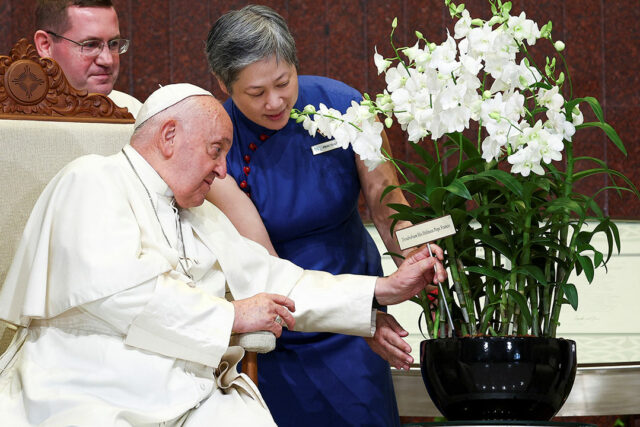
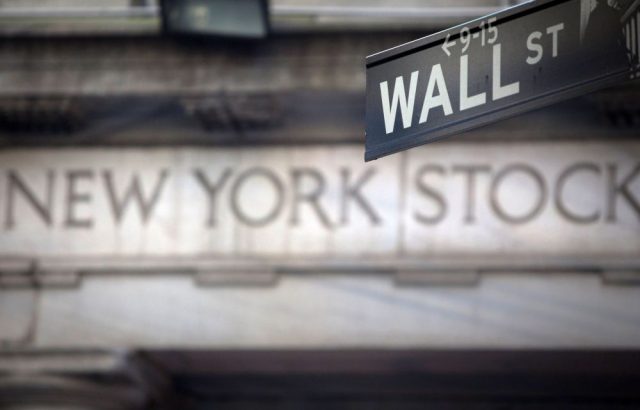
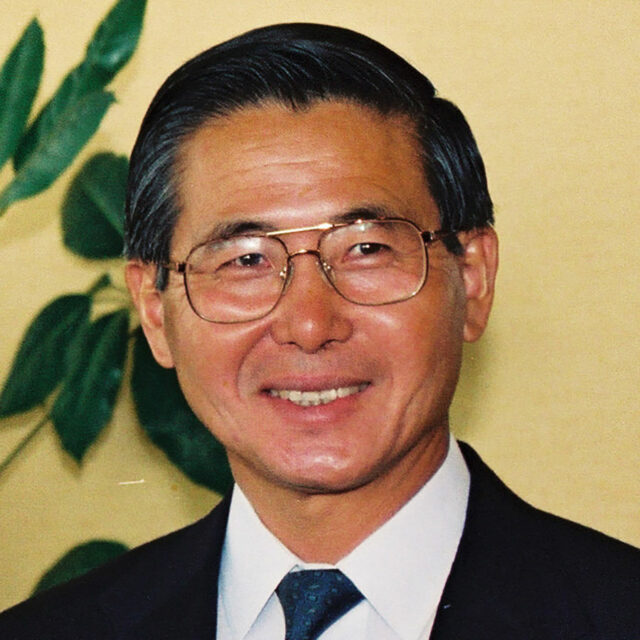
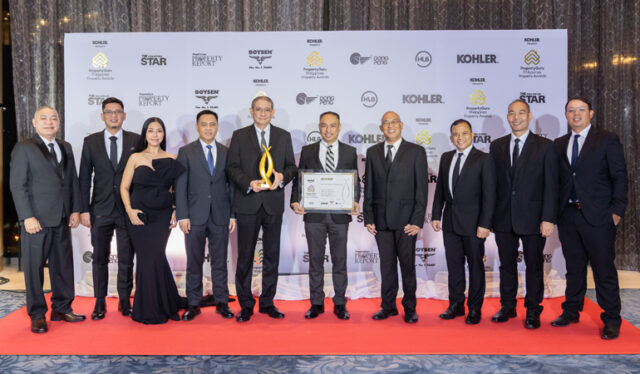

 The star of this promotion is the
The star of this promotion is the 